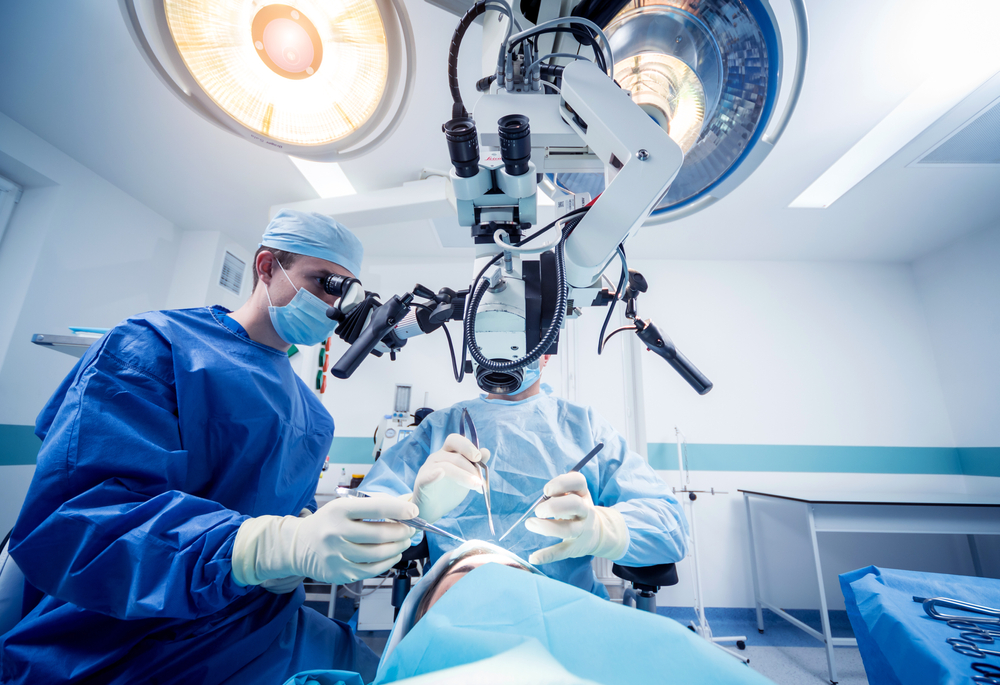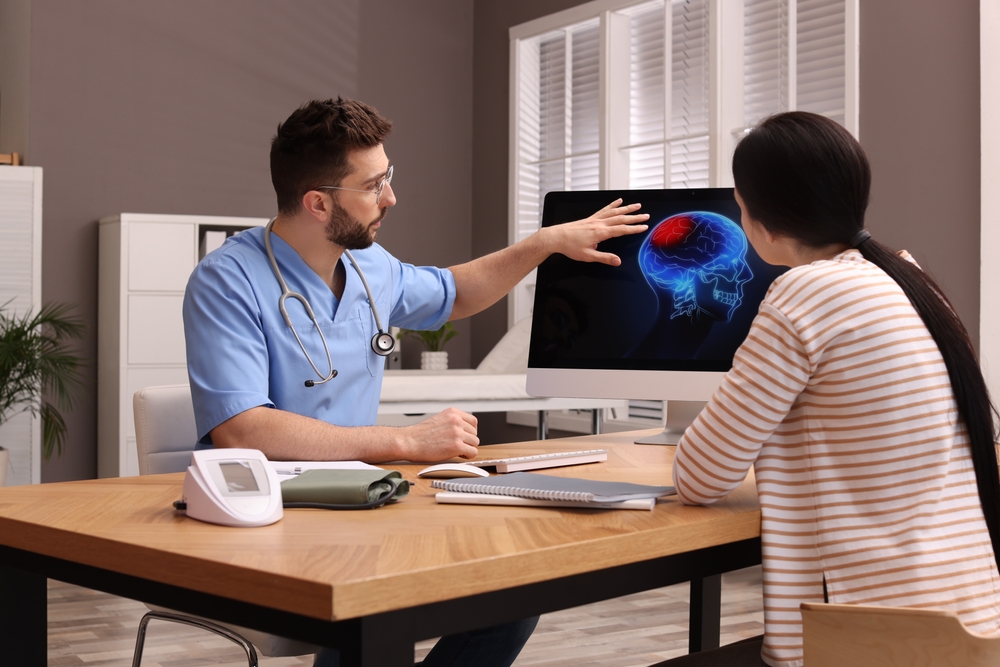Neurological health is essential for daily life, and issues affecting the brain or spine can greatly impact overall well-being. Recognizing when neurosurgery is required is critical to prevent complications and achieve the best outcomes. At Bsiofsa, patients in Laredo and Edinburg rely on Dr. Ahmed, a board-certified neurosurgeon in Laredo, for expert, compassionate, and personalized neurological care.
Understanding Neurosurgery: Neurosurgery involves the surgical treatment of conditions affecting the brain, spine, and nervous system. A board-certified neurosurgeon is highly trained to diagnose, plan, and perform procedures with precision, ensuring safety and long-term recovery.
Common Conditions That May Require Neurosurgery
- Brain Tumors: Abnormal growths that may cause headaches, seizures, or neurological deficits.
- Spinal Cord Injuries: Trauma or damage affecting mobility, sensation, or organ function.
- Herniated Discs: Severe disc herniation causing persistent pain or nerve compression.
- Degenerative Spine Disorders: Conditions like spinal stenosis or spondylolisthesis leading to chronic pain.
- Cerebrovascular Disorders: Aneurysms or vascular malformations requiring surgical intervention.
Signs Neurosurgery May Be Needed
Early consultation with a board-certified neurosurgeon is essential for better outcomes. You may need a neurosurgical evaluation if you experience:
- Persistent or worsening headaches
- Numbness, tingling, or weakness in limbs
- Difficulty walking or maintaining balance
- Loss of bladder or bowel control
- Seizures or sudden neurological changes
These warning signs require prompt evaluation to prevent permanent damage.
The Role of a Brain Surgeon in Edinburg
For patients near Edinburg, our brain surgeon in Edinburg provides expert care closer to home. Services include:
- Advanced diagnostic testing (MRI, CT scans, and EEG)
- Minimally invasive procedures for brain and spine conditions
- Post-surgical rehabilitation planning
- Personalized treatment strategies to meet each patient’s needs
Whether in Laredo or Edinburg, Bsiofsa ensures patients receive timely, expert neurosurgical care.
How Neurosurgery Works at Bsiofsa
Our approach is patient-centered and structured for optimal outcomes:
- Initial Consultation: Comprehensive evaluation by Dr. Ahmed, your board-certified neurosurgeon.
- Diagnostic Testing: Imaging and neurological exams to identify the problem.
- Customized Treatment Plan: Options may include minimally invasive surgery, full neurosurgical procedures, or supportive care.
- Surgical Procedure: Performed with advanced technology to minimize risk and enhance recovery.
- Post-Operative Care: Rehabilitation guidance and follow-ups ensure safe and effective healing.
This systematic approach ensures each patient receives care tailored to their unique needs.
Benefits of Choosing Bsiofsa
Patients in Laredo and Edinburg choose Bsiofsa for:
- Experienced, board-certified neurosurgeons like Dr. Ahmed
- Advanced surgical techniques and equipment
- Personalized, compassionate care
- Transparent communication about treatment plans
- Comprehensive follow-up and rehabilitation support
Our commitment is to restore function, relieve pain, and improve quality of life.
Recovery and Aftercare Tips
Successful recovery depends on following post-operative care instructions:
- Attend all follow-up appointments
- Participate in recommended physical therapy
- Maintain a healthy lifestyle to support healing
- Monitor symptoms and report any unusual changes
- Avoid strenuous activity until cleared by your neurosurgeon.
Following these guidelines promotes faster recovery and long-term wellness.
Frequently Asked Questions (FAQs)
Q1: How do I know if I need neurosurgery?
A: Persistent neurological symptoms such as weakness, pain, or loss of function may indicate the need for evaluation by a board-certified neurosurgeon in Laredo.
Q2: Is brain or spine surgery safe?
A: Yes. At Bsiofsa, surgeries are performed using advanced, minimally invasive techniques to ensure patient safety and effective results.
Q3: How can I consult a brain surgeon in Edinburgh?
A: Call (210) 625-4733 or visit bsiofsa.com to schedule your appointment.
Q4: What is the recovery period after neurosurgery?
A: Recovery varies depending on the procedure but generally ranges from weeks to months, with proper follow-up and rehabilitation.
Q5: Why choose Dr. Ahmed at Bsiofsa?
A: Dr. Ahmed is a board-certified neurosurgeon with extensive expertise, compassionate care, and proven outcomes for brain and spine patients.
Contact Bsiofsa Today
Do not wait to address neurological issues. Whether you are in Laredo or near Edinburg, our team of board-certified neurosurgeons, led by Dr. Ahmed, provides expert care for complex brain and spine conditions.
Call (210) 625-4733 or visit https://bsiofsa.com to schedule your consultation.
Bsiofsa—Expert Neurosurgical Care, Compassionate Approach, Trusted Results.








